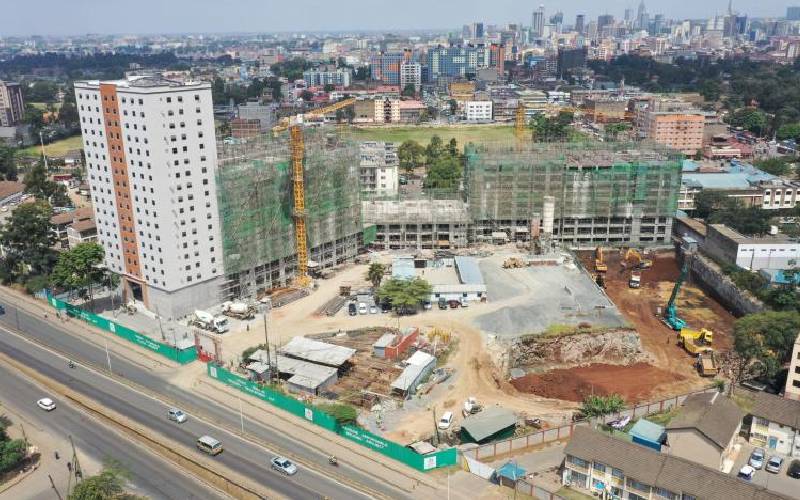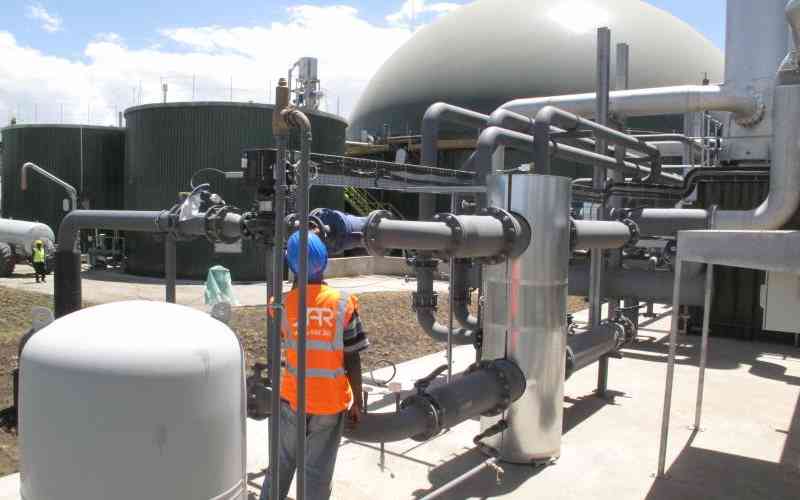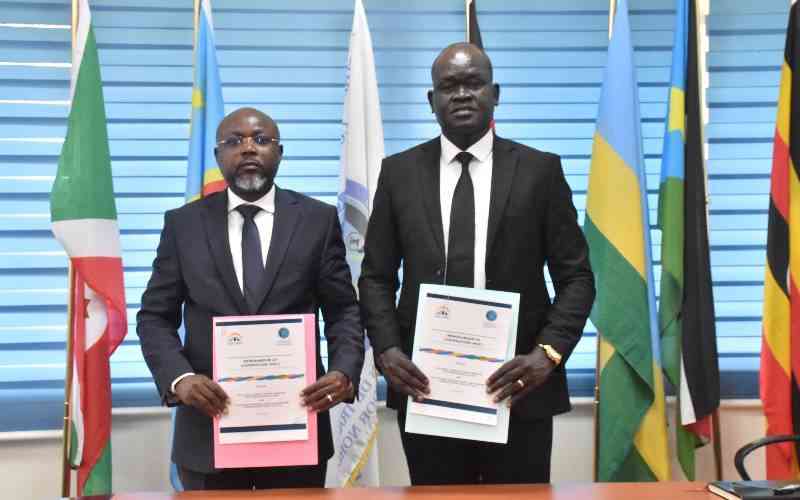×
The Standard e-Paper
Home To Bold Columnists

One of Governments' Affordable Housing Project in Nairobi's Pangani. [File, Standard]
Bureaucratic processes in the Ministry of Lands and Physical Planning have been cited as a stumbling block to the government’s Big Four agenda on affordable housing.







